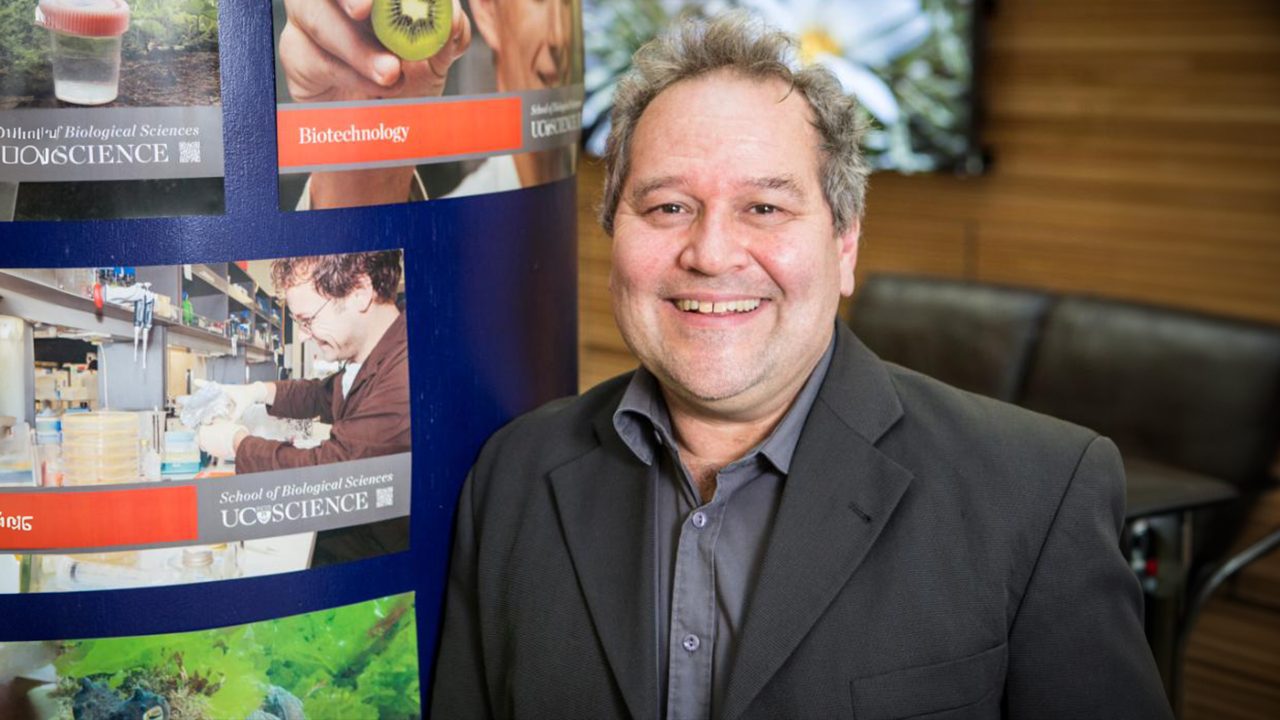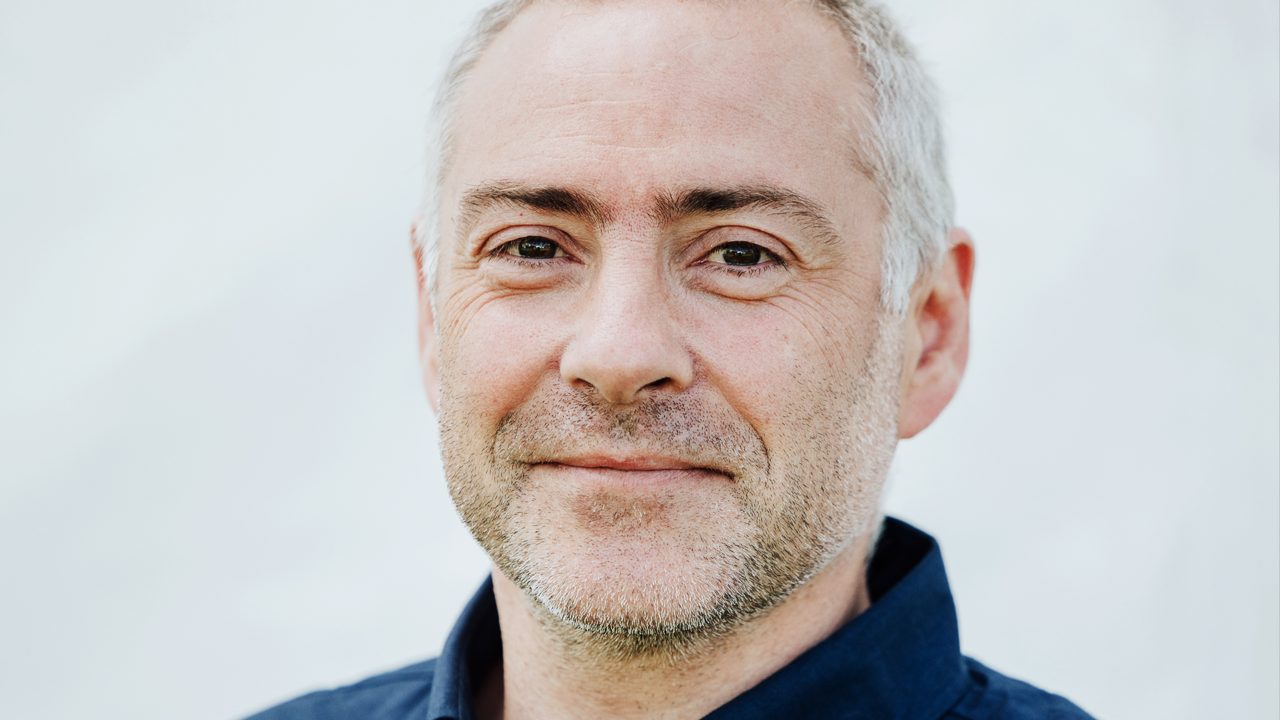A recent webinar questioned what exactly genetically modified organisms (GMOs) are and whether they are really changing because of new gene techniques.
Dr Jack Heinemann, a genetic engineer and expert from the University of Canterbury, demystifies the complex topic of GMOs and the burgeoning field of gene editing.
Throughout the conversation, Dr Heinemann stresses the importance of regulation and the successes of traditional breeding over GMOs in agriculture. He articulates the confusion around GMOs, pointing out that while gene technologies since the 1970s have allowed for genetic intervention, the majority of human modifications to organisms do not involve these techniques.
He underscores the need for regulation, stating, "The faster something can be done and the larger the scale something can be done, there become new potentials for harm."
He challenges the idea that New Zealand's agriculture is lagging due to not adopting GMOs, asserting there is no evidence to support that GMOs have outperformed conventional breeding and environmental management.
Discussing regulation, Dr Heinemann uses the United States as an example, noting that significant improvements in crops have stemmed from traditional breeding rather than genetic modification.
The comparison of new gene-editing tools to the evolution from a Model T to a Ferrari highlights their efficiency rather than novelty. He raises concerns about the potential unintended off-target effects of gene editing, advocating for thorough examination before environmental release.
Dr Heinemann also delves into the cautionary perspectives on GMO gene editing, using the adage "if it ain't broke, don't fix it" to emphasise the reliability of current agricultural methods.
He suggests that the focus on gene technology, driven by the possibility of patenting and wealth concentration, may have overshadowed research in other biotechnologies that could have provided solutions for future food requirements without the associated risks of GMOs.
Dr Heinemann's expert insights shed light on the scientific, ethical, and policy dimensions of the GMO debate, emphasising the need for innovation that is both safe and beneficial for the future of agriculture.
Listen to the full chat between Professor Jack Heinemann and Dominic George above.
To check out more episodes listen to the REX Podcast anytime on your favourite streaming platforms including Spotify, Apple Music and Rova or tune in to REX Mornings live on Magic from 5 am to 6 am every weekday.
Visit the Rural Exchange Facebook or Instagram page for more information and regular updates from the REX team.










